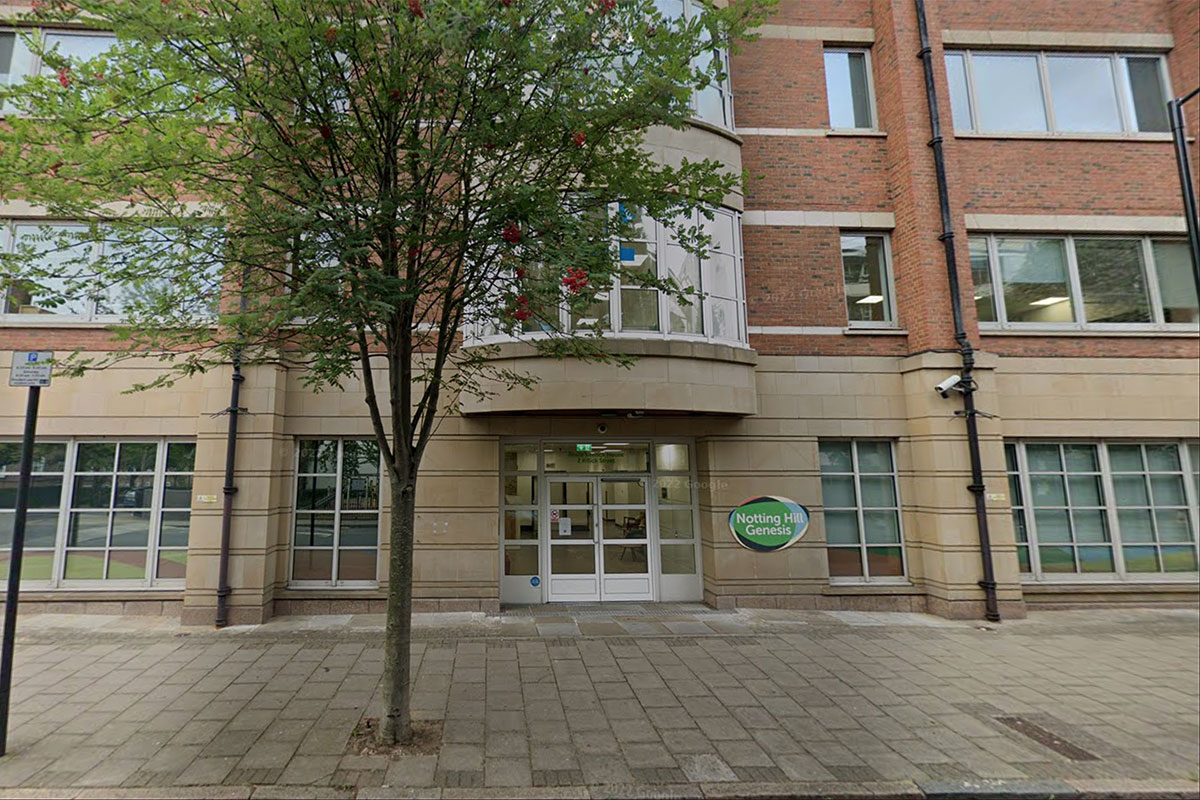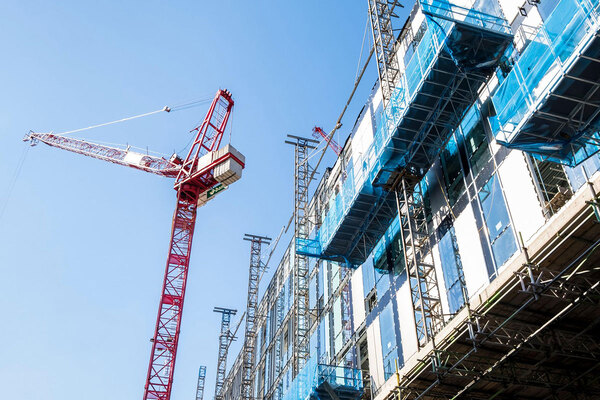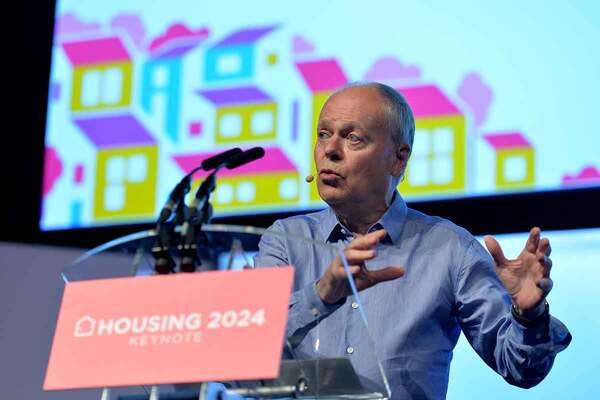You are viewing 1 of your 1 free articles
Large housing association reports 93% drop in surplus as delays hamper sales
Southern Housing has seen its annual surplus fall by 93 per cent and has paused taking on new development opportunities to contain its debt.
The 77,000-home landlord, which formed through the merger of Optivo and Southern Housing Group in late 2022, reported a surplus of just £3m in the year to the end of March 2024. The figure, which excludes any fair value movements, compared to £40m the year before.
One of the main culprits was the group’s sales division, where revenue from open market property transactions dropped from £67m to £4m, according to unaudited results published last week.
Sarah Smith, chief financial officer at Southern, said that it had been hit by cost rises and delays on “many” of its sites after some of its contractors fell into administration.
“Delays to development completions have meant delayed receipt of anticipated sales and rental income,” she added. The group also pointed to a “slower pace of sales than anticipated”, which comes amid a still tough housing market.
Income from first tranche shared ownership sales also dropped, to £40m from £60m the previous year.
As a result, Ms Smith said that the association had paused “new development activity” in order to “constrain debt balances”, although it still currently has 3,256 homes to build that are in contract.
A spokesperson confirmed to Social Housing that the provider will continue to work on schemes it is contractually committed to, but it will not “seek to acquire anything new at this stage”. However the group could “explore working in partnerships with others”.
The group’s surplus was also affected by a £30.2m impairment provision, up from £26.9m the year before, mainly due to higher costs on schemes with unsold homes.
Over the year, Southern’s total debt rose to nearly £3.2bn, compared to around £2.9bn the year before.
“We expect it will be several years though before the relationship between cost and income is where we wish it to be,” Ms Smith added.
On completions, the landlord reported a drop by around a third year-on-year to 776. Starts in the period fell by 63 per cent to 349.
Paul Hackett, chief executive of Southern, said last summer that the group was planning to cut its annual starts to 250 due to rising costs and a tough land market.
Like many of its peers, Southern is spending more on its existing stock to tackle post-Grenfell building safety and improve conditions amid a heightened focus on standards.
The group spent £114m on major repairs and capitalised repairs combined, compared to £78m the year before. Investment in planned and routine maintenance was £168m, up from £137m last year.
Overall the group’s margin, excluding sales, was 14 per cent.
Southern has faced extra scrutiny following a special report by the Housing Ombudsman this month, which found a “lack of ownership” over its “complaint-handling culture”.
Despite the challenges, Ms Smith said that Southern has a “clear path to recovery over the coming years”.
She added: “We have the balance sheet strength, operational flexibility, and board and management team commitment to continue to respond appropriately as regulation changes.”
Other G15 landlords are facing similar challenges.
Last month Notting Hill Genesis revealed that it has fallen to an annual deficit after booking £110m in one-off costs, mostly related to building safety.
Metropolitan Thames Valley also warned in January that its bottom line would be hit due to £105m in building safety costs as the post-Grenfell crisis continues.
In its update, Southern also revealed that it is being inspected by the regulator and said it expects to be among the first crop of landlords to get a ‘C’ rating for consumer standards under the new regime.
The group currently has a G2/V2 rating with Regulator of Social Housing after an interim regulatory judgement in January last year, following completion of the merger.
Ms Smith noted that the group is due to finalise its post-merger integration by next spring, which will include delivering “cost efficiencies”.
Sign up for Social Housing’s weekly news bulletin
Social Housing’s weekly news bulletin delivers the latest news and insight across finance and funding, regulation and governance, policy and strategy, straight to your inbox. Meanwhile, news alerts bring you the biggest stories as they land.
Already have an account? Click here to manage your newsletters.
RELATED








